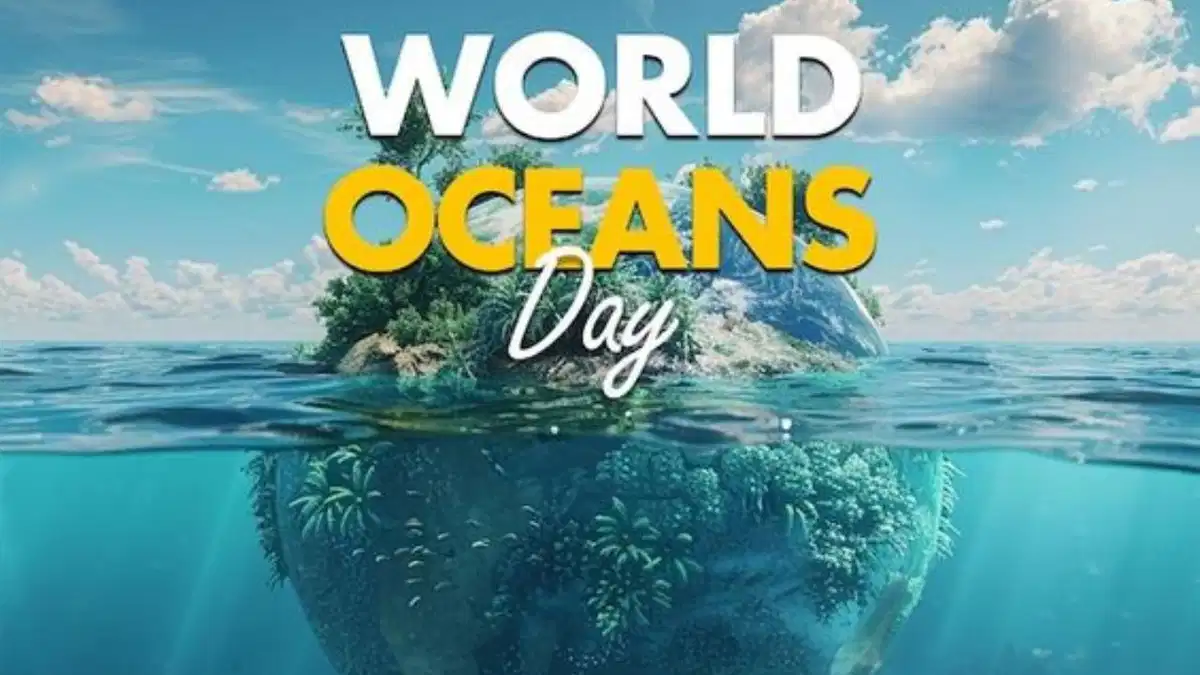As the world comes together to celebrate World Ocean Day on June 8, it’s a time not just for reflection and appreciation of our planet’s vast blue heart, but also for renewed commitment to protecting it. Covering over 70% of the Earth’s surface, the ocean is a source of life, climate regulation, food, oxygen, and cultural connection for billions of people. Yet today, it faces unprecedented threats from human activity.
The Importance of Our Oceans
The ocean produces more than 50% of the oxygen we breathe and acts as a massive carbon sink, absorbing about 30% of the carbon dioxide produced by humans. It regulates global temperatures and weather patterns, supports a rich diversity of marine life, and provides sustenance to more than three billion people who depend on fish for protein.
Beyond its ecological role, the ocean contributes more than $1.5 trillion annually to the global economy through fisheries, shipping, tourism, and more.
Alarming Signs of Decline
Despite its vital importance, the ocean is suffering from the pressures of climate change, overfishing, plastic pollution, oil spills, deep-sea mining, and habitat destruction.
-
Climate change is warming ocean waters, disrupting marine ecosystems, and causing widespread coral bleaching.
-
Plastic pollution has reached crisis levels. Millions of tons of plastic enter the ocean each year, affecting marine life at every level of the food chain.
-
Overfishing continues to decimate fish populations, leaving ecosystems unbalanced and coastal communities vulnerable.


